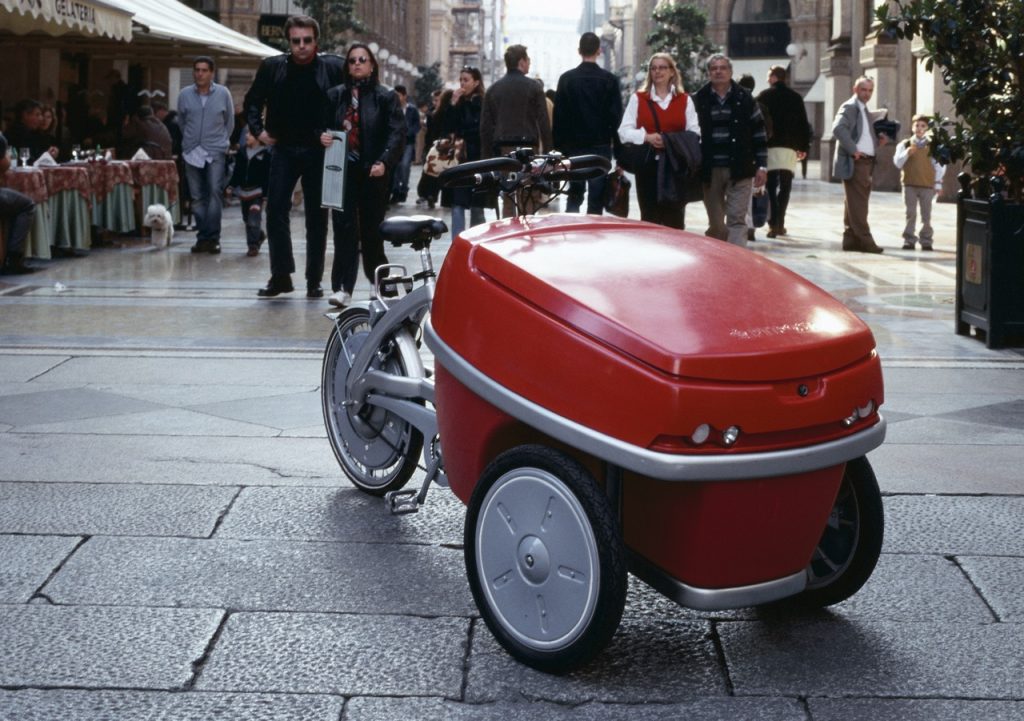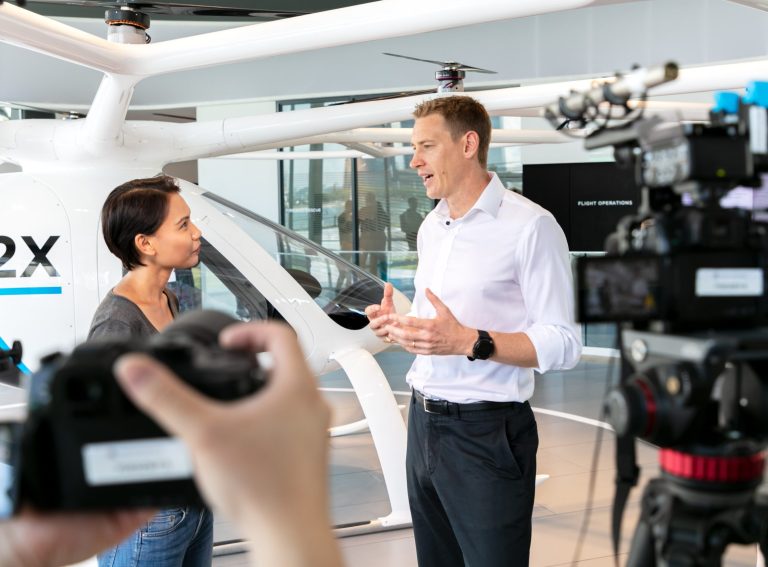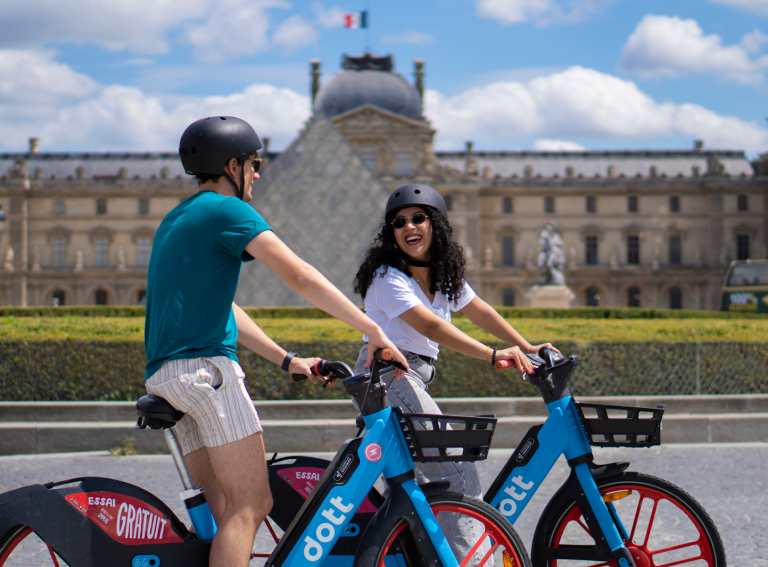When Springtime‘s Managing Partner John Kock first started the Dutch design firm in 1995, sustainable mobility was not part of the discussion.
He tells Zag Daily: “At this point, we have seen the urban mobility industry mature into a serious multi-billion dollar business, but in the nineties, sustainable mobility was not the norm.
“There were individuals making decisions for a better world, but it was not mainstream. Our angle was to seduce people to do the right thing through beautiful design.
“Now people are realising that we have to do something for the environment. When you add the fact that driving is less fun and practical than it used to be, there’s an overall mentality shift happening in cities.”
Trendspotting
Springtime’s track record of spotting shifts has been proven over and over again. When the industry was still in its infancy, he and his team at Springtime developed innovative solutions that anticipated emerging trends.
Examples of their forward-thinking projects include the development of the RoodRunner, an early iteration of last-mile logistics solutions back in 1999. This project involved combining emerging technologies of electric power assists for bikes with an old concept of a front-loaded cargo bike, introducing Ackermann steering for better manoeuvrability.
“Traditionally you had to manoeuvre the front frame with the cargo box yourself with your hands which meant the driver had to rotate their back.
“In response, we created what actually was the Dutch Post’s first proprietary professional tool for their business. It has the Ackermann steering, electric power assist and lockable cargo box with RFID lock. This gave the Dutch Post a competitive edge against the upcoming logistics companies like FedEx and UPS at the time.”

Another noteworthy project was the creation of the Bikedispenser around 2005. In collaboration with the Dutch rail’s bike rental service, Springtime introduced an automated unmanned bike storage and rental system, setting the stage for the future of bike-sharing services.
Springtime also invented one of the first serious commuter e-scooters dubbed Jack in 2011. The compact electric powered scooter was designed for travelling short distances in urban areas. Its foldable design easily fits into the back of a car and can be charged through the car’s accessory outlet for maximum convenience.


Solving the design puzzle
The design studio’s specialty lies in the meticulous consideration of user insights, as seen in the recent project, the LEMMO. This electric bike addresses a tech insight that e-bikes have a relatively short lifespan due to ongoing developments in electronics. The insight and solution for the LEMMO One was to make the majority of electronics detachable from the frame, including the battery pack, promoting repairability and sustainability.
“Design is like a journey into a certain topic that you don’t know everything about. So even within our expertise, when we start a new project, there are a lot of unknowns and uncertainties.
“Diving in and learning about the context, the user group, the stakeholders, and then solving that puzzle is something that I and our team at the studio enjoy very much and always keeps our job interesting.
“Around the studio we always say ‘design is our game and we love to play.’”
Born on bikes in the Netherlands
Having started Springtime with classmates while at university gaining his master’s degree in industrial design engineering, Kock reflects on the silent but unquestionable backdrop of cycling culture in the Netherlands.
“If you stay at home, you think the rest of the world is like your own. When you travel, you realise how unique cycling culture is. In a city like Amsterdam, you never think about using a car because it’s not practical. It’d be a disaster.
“There’s a very progressive and innovative climate here. As a small country, we have become used to going out and selling our ideas abroad. These factors are an asset to us as a firm. They put us in a good position to promote and sell our expertise worldwide.”
What started as expertise in the Dutch bicycle industry working for the major brands and their Taiwanese suppliers has expanded to all sorts of vehicles in sustainable urban mobility. Today Springtime has developed a global client-base that includes the likes of Nike, Lyft, Tier, Dott and Mobike.
“Because we have had the opportunity to work with those really mature international companies, we have learnt more about marketing and identity. This enabled us to expand and apply our bicycle knowledge to urban mobility products and services which has become the focal point in the studio.”
Springtime’s designs include bikes, cargo bikes, scooters, strollers, boats, skates and electric canal boats. Kock says his team gets excited to design “anything that moves.”
Looking ahead, Kock identifies embedding technology into vehicles, solving last-mile logistics issues, connected infrastructure, charging, and parking, as all opportunities for future innovation.
The studio is well positioned to continue contributing to the evolving landscape of sustainable urban mobility, leveraging its expertise and forward-thinking approach.





